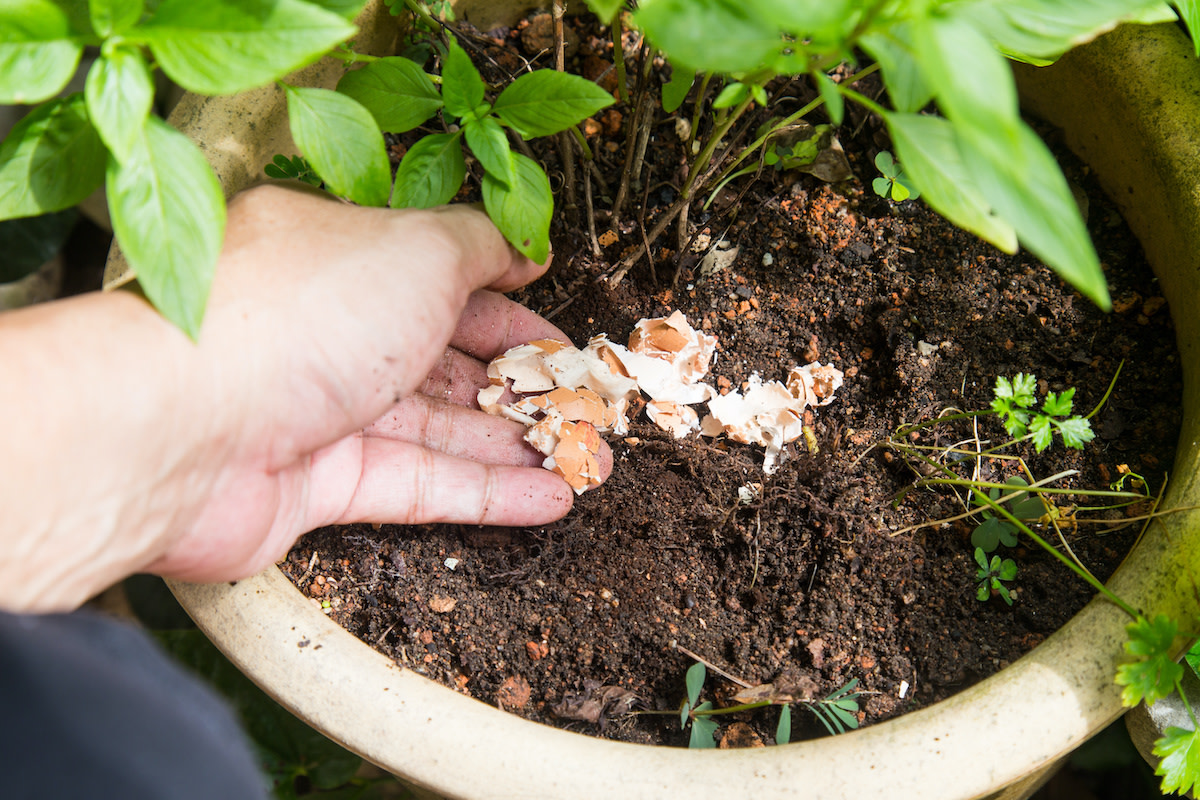10 Types of Fertilizers: Synthetic and Organic Plant Fertilizers
Written by MasterClass
Last updated: Jan 13, 2022 • 3 min read
Learn how to use fertilizers to promote plant growth and replenish nutrients in your garden’s soil.
Learn From the Best
What Is Fertilizer?
Fertilizer is any matter or chemical you can apply to a garden or crop field to enhance the soil structure. A fertilizing product might include organic matter or synthetic, manufactured ingredients. As soil amendments, fertilizers contain water-soluble chemicals or micronutrients to enhance the ecosystem around the root system. These healthy plant roots will then provide the plant with stability and primary nutrients necessary for plant growth. Manufacturers, farmers, and landscaping professionals formulate fertilizers to protect plants from harmful microorganisms, bacterial disease, and predatory insects.
How Do Fertilizers Work?
Fertilizers replenish the soil with necessary plant nutrients, such as nitrogen, phosphorus, and potassium. Growers often group these natural chemicals by their elemental symbols: NPK. Sources of nitrogen occur naturally in soil, but commercial single-crop farming or a lack of biodiversity can diminish the amount of nitrogen and other vital elements each growing season. Manufacturers boost NPK-based fertilizers by adding complementary chemicals like boron, magnesium, or manganese.
The main nutrients in fertilizers improve a plant’s production of chlorophyll and boost its ability to perform photosynthesis. Adding fertilizer to your garden will also create more airflow around your plants’ roots. This helps the soil drain and decreases the chances of root rot and other plant diseases developing.
7 Types of Organic Fertilizers
Organic fertilizers usually contain plant or animal byproducts. A few organic fertilizers include:
- 1. Animal manure fertilizer: Organic farmers use composted animal waste and organic materials in various stages throughout the plants’ growing process. You can also use raw manure in limited amounts; however, you should refrain from using uncomposted manure on food crops to prevent any pathogens or diseases from transferring to the edible produce.
- 2. Banana peel fertilizer: This fertilizer is rich in potassium and magnesium, both of which contribute to stronger stem and plant root growth and improve nutrient distribution. You can add banana peels to an existing compost pile, sow them directly into the soil near the plants, or ferment banana peels in water and then use a spray bottle to apply the banana peel fertilizer water to the soil.
- 3. Bone meal fertilizer: To make your own granular bone meal fertilizer, simply steam animal bones and grind them down to small granules or a fine powder. Since bones are rich in calcium and phosphorus, these chemicals can amend the soil and increase the yield of your crops. To add the formula to a large area, simply sprinkle a cup of bone meal fertilizer for every thirty feet of soil. This nutrient-rich powder might attract animals, so ensure you mix it into the soil thoroughly and protect your garden area from unwanted pests and critters.
- 4. Cottonseed meal fertilizer: These slow-release fertilizers contain byproducts from cotton processing. The mixture of cottonseed hulls, moss, oak leaves, and pine needles helps to retain soil moisture in dry climates and insulate roots against frost. This fertilizer is highly acidic, so you can use it to boost the growth of acid-loving vegetables, flowers, and other landscaping plants.
- 5. Eggshell fertilizer: This fertilizer contains crushed eggshells, which are high in calcium carbonate, a crucial mineral for strengthening plants’ cell walls. The shells also contain other minerals that help plants grow, including potassium, phosphorus, and magnesium. Therefore, eggshell fertilizer can be an effective and inexpensive fertilizer for outdoor garden soil and houseplants.
- 6. Fish emulsion fertilizer: Liquid fish fertilizer is an organic fertilizer made from whole fish or fishing industry byproducts like fish scraps, fish oil, and fish meal. Gardeners can buy commercial fish emulsion fertilizer or use their own homemade fish emulsion fertilizer mix to supply nutrients to plants. You can use this type of plant fertilizer on houseplants and outdoor plants alike.
- 7. Seaweed fertilizer: Some fertilizers contain the organic material found in seaweed species such as Norwegian kelp and bladderwrack. In most cases, you will find seaweed fertilizer sold as liquid seaweed fertilizer, which makes it easy to mix into garden soil or mulch.
Learn More
Grow your own garden with Ron Finley, the self-described "Gangster Gardener." Get the MasterClass Annual Membership and learn how to cultivate fresh herbs and vegetables, keep your house plants alive, and use compost to make your community—and the world—a better place.
